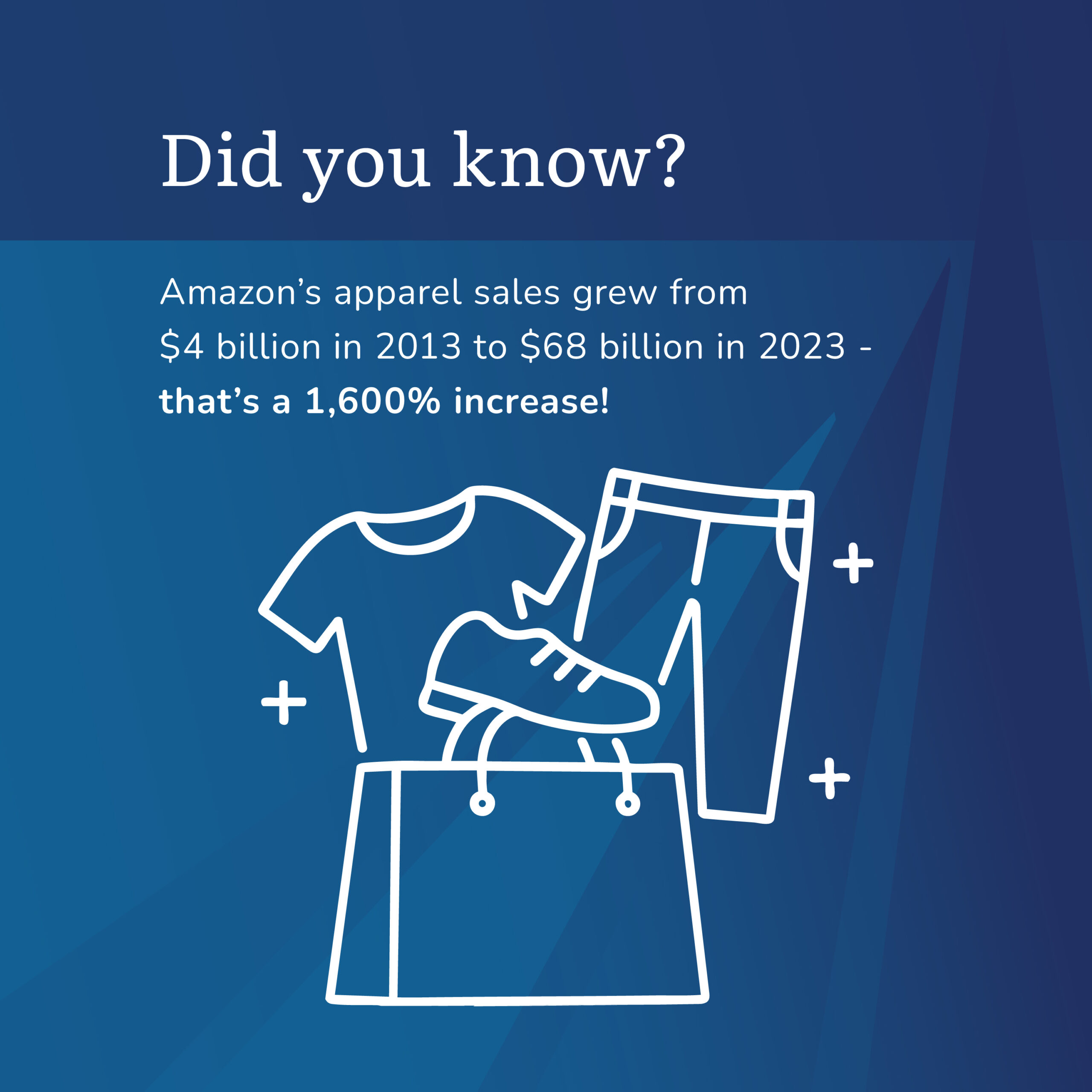9 Birthdays to Remember for Retirement Readiness
Even if it seems a long way off, it’s never too early to begin thinking about retirement. The decisions you make now will have a profound impact on where you find yourself decades from now. Odds are your retirement will be the largest “cost” you’ll have to cover in your lifetime—depending on your retirement date and life expectancy, it isn’t a stretch to say you could live in retirement for 30 years. As you plan for your future, it’s important to have guidelines for each age in life. Today we want to touch on 9 of these important stages of your financial life.
Under 49
It’s time to be aggressive in funding your retirement accounts. Leverage the power of compound interest! The max 401k contribution for 2020 is $19,500 and for IRAs it is $6,000.
Age 50
Once you hit 50, you can add $6,500 to your 401k per year and boost your IRA funding by $1,000. It can be incredibly helpful to take advantage of these increased contribution limits during your prime earnings years, beefing up your total contribution to retirement accounts to $33,000: $19,500 to your 401k + $6,500 catch-up + $6,000 to your IRA + $1,000 catch-up.
Age 55
You’re now able to start withdrawing from past-employer retirement funds without penalties, though you need to maintain funds in your employer 401k plan and the feature isn’t allowed if you’ve rolled your 401k over to an IRA. Drawing an allowance can be beneficial ifyou’re cutting back hours or retiring early from an employer and you can’t wait until the standard age of 59.5 for penalty-free withdrawals from an IRA.
Age 59.5
This is the magic age at which you can begin taking money out of your IRA and other retirement accounts without incurring the standard 10% early withdrawal penalty. Taxes still apply.
Age 62
You become eligible to receive Social Security payments, although it’s important to proceed with caution as your monthly payments will be roughly 30% less for the remainder of your life if you begin this early. The longer you wait, the lower the penalty you’ll incur.
Age 65
Now you’re eligible for Medicare. Even if you’re not in full retirement mode, it’s important to sign up for this service 3 months before you turn 65 so you don’t incur additional cost to your monthly premium.
Age 66
This is full retirement age to receive 100% of your Social Security benefit if you were born between 1943 and 1954…
Age 67
…and this is full retirement age to receive 100% of your Social Security benefit if you were born after 1960.
Age 70
Once you hit 70, it’s no longer beneficial to delay receiving Social Security benefits. If you aren’t already receiving these benefits, now’s the time to start.
Age 70.5
If you’re over the age of 70.5, you’re no longer eligible to receive a tax deduction for IRA contributions. You’re also mandated to begin withdrawing funds from your IRA and other retirement accounts and pay income tax on these withdrawals. There are two exceptions to this rule: 1) if you’re still working and have a 401k with that company (unless you own that company) and 2) if you have ROTH IRA accounts, in which case you don’t need to withdraw from those.
Please note, amounts shown are for 2020. The IRSpublishes guidelines each year that can cause these amounts and ages to change. For example, there is currently legislation in Congress that, if passed, will change the required minimum distributions age to 72 from 70.5. You can read more on that topic https://ek-ff.blog/2019/06/05/congress-moves-to-make-changes-to-us-retirement-system I hope you found this helpful!
Happy investing,
Marcos
Categories
Recent Insights
-

Rebuilding Financial Confidence After Divorce: Managing Risk & Moving Forward
Divorce is not just an emotional transition—it’s a financial one, too. The process of separating assets, redefining financial goals, and adjusting to a new financial reality can feel overwhelming. But with the right mindset and strategies, you can regain control and build a future that aligns with your new chapter in life. Understanding Financial Risk…
-

Giving with Pride: Smart Strategies for LGBTQIA+ Donors
Understanding the Landscape of LGBTQIA+ Philanthropy LGBTQIA+ donors are uniquely positioned to drive meaningful change, but the philanthropic landscape remains complex and underfunded. Historically, LGBTQIA+ organizations have faced significant challenges in securing resources, often competing with larger, more established nonprofits for limited funding. This disparity highlights the importance of strategic giving to ensure that your…
-

How to Build Lasting Relationships that Propel Your Business and Elevate Your Community
As business leaders, our role in the community extends beyond charitable acts—it’s a strategic initiative that strengthens both our businesses and the communities we serve. Building meaningful community partnerships is not just about doing good; it’s about doing it strategically to foster deeper relationships, enhance your brand, and make a lasting difference. But where do…
-

Talk Your Chart | From Tax Trends to Firing a God Portfolio: Economic Insights | Episode 68
In Episode 68 of Talk Your Chart, Marcos and Brett dive into a jam-packed discussion of economic trends, market psychology, and long-term investing. From tax receipts and Social Security’s ticking clock to why even a ‘God’ portfolio gets fired—this one covers it all and more. Charts available for download here.
-

The Other Behavioral Gap: Why Total Return Investing Could Be the Key to Your Financial Freedom
What is the Other Behavioral Gap: If you’ve been investing for a while, you’re likely familiar with the first major behavioral gap: emotional investing that is driven by fear or greed. These forces drive you to buy high and sell low. It’s a pattern that often shows up when market fluctuations cause knee-jerk reactions. But…
